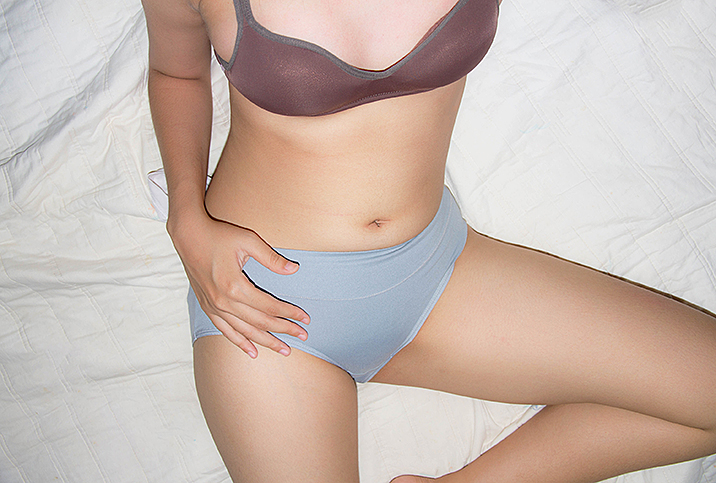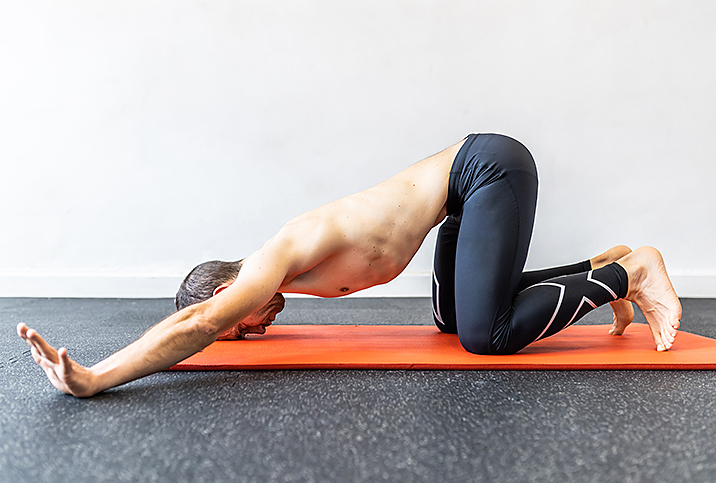Living With Menopause Symptoms

Menopause is a natural process, but that doesn't mean all of its symptoms and side effects are comfortable, physically or emotionally. It also doesn't mean you should suffer them in silence or accept that this is just how life will be from now on. Menopause signals the end of your reproductive life, but as the average age of menopause in the U.S. is 51, you have the potential for an active, productive and enjoyable life after menopause.
Here are some of the more common symptoms and side effects of menopause, and what you can do about them.
Hot flashes and night sweats
Hot flashes and night sweats are probably the most notorious of all menopause side effects—and they are the most common. There are many nonhormonal ways of alleviating them. Certain things can trigger hot flashes, including hot weather, smoking, caffeine, spicy foods, alcohol, tight clothing and stress. Identify your triggers and avoid them if you can. Some people find adding more plant estrogens into their diet can help too, with foods such as soybeans, chickpeas and lentils. Being overweight can worsen hot flashes. Sleep in a cool room to avoid night sweats.
If lifestyle changes don't offer enough relief, and if it's medically safe for you to do so, hormonal therapy with prescription drugs is the most effective way of treating hot flashes and night sweats. Some over-the-counter and "off-label" medications may also help.
Take some comfort in knowing many people's hot flashes lessen over time, once they move from the menopausal to the postmenopausal phase.
Low energy
It might sound counterintuitive, but physical activity is a good way to boost energy levels and improve your physical resilience. If menopause is making you feel fatigued, recommit to some form of exercise, as well as a healthy diet. Exercise and weight management have the added benefit of helping prevent other problems associated with menopause and aging, such as heart disease, diabetes and osteoporosis.
Weight gain and slower metabolism
The metabolism tends to slow as we age, which can lead to weight gain. Maintaining your premenopausal diet and exercise regime may not be enough to stay in the shape you want. If you're unhappy with your postmenopausal physique or if you enter an unhealthy weight range, meet with a trainer to work out a diet and exercise plan that works for you. Maintaining a healthier weight may mean a few lifestyle adjustments, like increased activity and an altered diet.
Mood changes
Changing hormones plus the realization you're entering a different phase in life can lead to anxiety, self-esteem issues and even depression. Like in all stages in life, taking part in activities that keep you physically, mentally and socially active should be your first remedy. You might find relief with exercise, meditation, creative hobbies and spending time with family and friends. If your worries persist, speak to a professional as menopausal depression is common and many women find solace in therapy.
Vaginal dryness
Your vagina doesn't produce as much moisture after menopause and, when paired with its loss of elasticity, can lead to discomfort during sex. The first remedy to try should be a water-based lubricant. If that doesn't work well enough, talk to your doctor about treatment options such as vaginal estrogen creams, tablets or rings. Sex after menopause is not only possible, it can (and should) be enjoyable.
Osteoporosis
Bones can weaken rapidly in the first few years after menopause as a result of osteoporosis and lower levels of estrogen. This can lead to an increased risk of fractures in the spine, hips and wrists. After about the age of 35, bone mass decreases faster than it increases, and then decreases further after menopause. Anyone can have osteoporosis, but the ailment is about twice as common in women.
While there are limited things you can do to reverse the root cause of osteoporosis after menopause, you can work on strengthening your body to prevent the falls that can cause fractures, and take vitamin and mineral supplements. Weight-bearing, resistance and balance exercises are all important. Some hormone and hormone-related therapies and anabolic agents can also help strengthen bones.
Incontinence
Many people who have given birth already suffer from bladder and pelvic floor weakness to some degree, leading to stress incontinence, which can worsen during menopause when the vagina and urethra lose elasticity. Pelvic floor exercises can help strengthen the area so you're less likely to pass urine when sneezing, coughing or exercising. Topical vaginal estrogen and hormone therapy may also help with menopausal urinary tract and vaginal changes, if Kegels alone don't cut it.
Menopause can be challenging, but treatment is available. Talk to your doctor about the side effects you are experiencing and establish a plan to treat your symptoms.
If you're looking for a new doctor—you've moved, your longtime physician retired, you just need a change—Giddy telehealth takes the difficulty out of the search. The easy-to-use online service provides access to hundreds of healthcare professionals who have expertise across the full scope of medical care. Many of them specialize in women's health and offer same-day video visits.


















